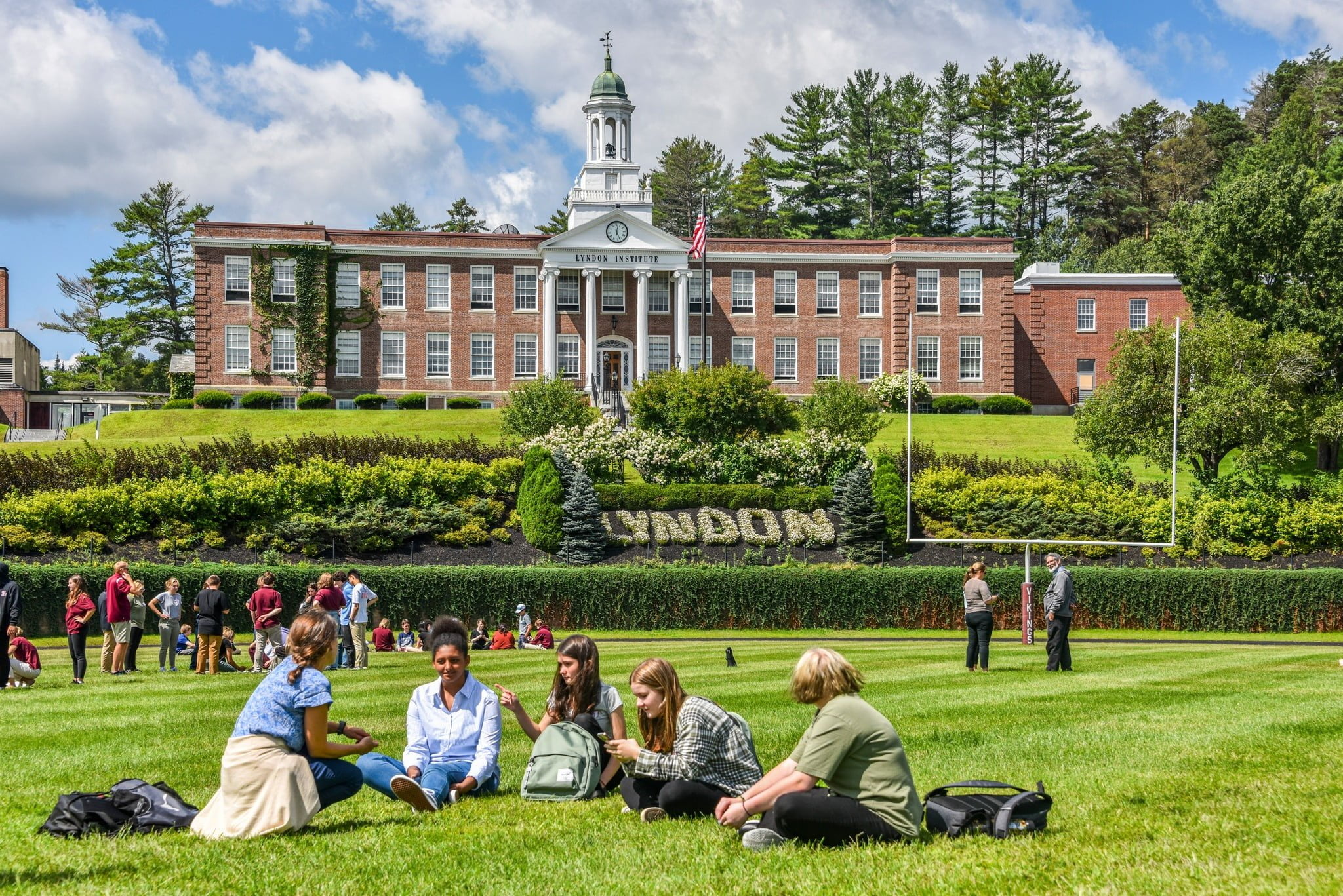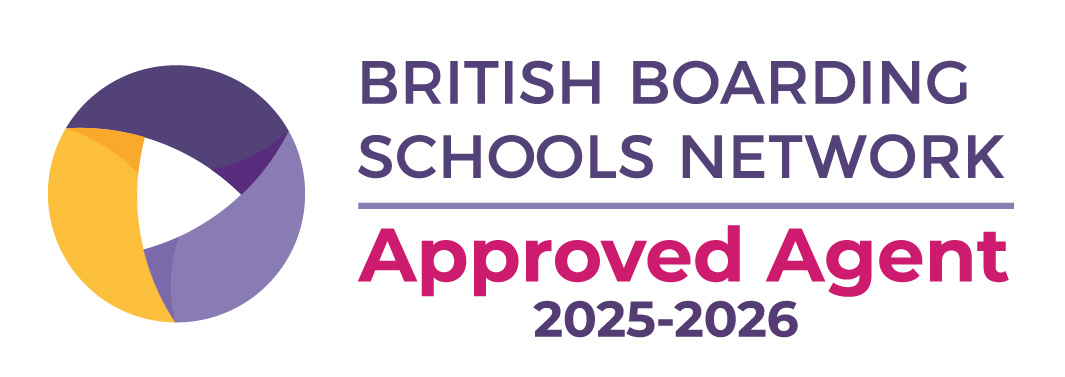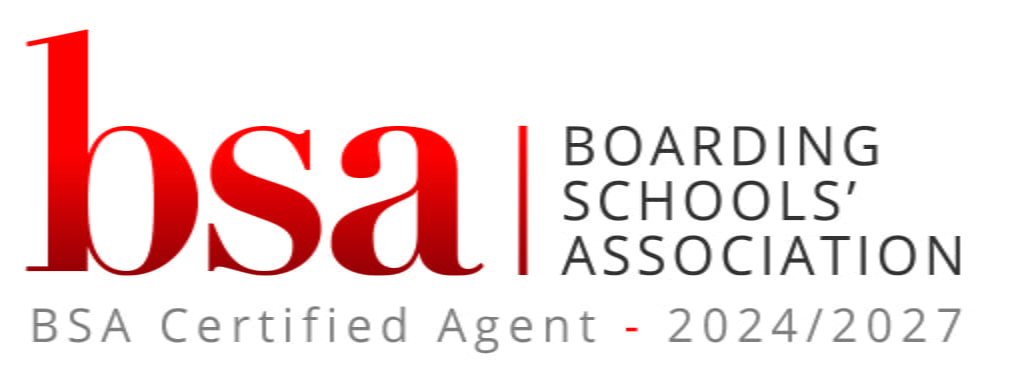Contents:
Book a free consultation today!
What exactly are elite boarding schools?
The phrase elite boarding school crops up often, especially when there’s talk about where the children of celebrities or world leaders are educated. But what does the term really mean? Does it describe a school with famous alumni, or one with outstanding academic results? Or perhaps simply a school so costly and exclusive that its name alone carries prestige? In truth, there are arguments for all of these definitions. What is certain, however, is that a placement at a renowned boarding school can enrich any young person’s educational pathway. No wonder so many families aspire to secure a place at such schools.
Centuries ago, education was a privilege. Only families of means could afford tutors and a broad curriculum beyond the basics. As a result, the graduates of the best schools naturally became the next generation of leaders, artists, and intellectuals. Thankfully, the landscape has changed. High-quality education today is open to a much wider circle, and that includes access to elite boarding schools.
Elite boarding schools in the United Kingdom
Britain is perhaps the archetypal home of the elite boarding school. Many of its institutions are centuries old and set in historic buildings that perfectly match their reputation. Eton College—founded in the fifteenth century by Henry VI, is one of the best-known examples. Its alumni include Princes William and Harry as well as no fewer than twenty former British Prime Ministers. Gordonstoun in Scotland, alma mater of King Charles III, and schools such as Sevenoaks, Ardingly, and Westminster also stand among the most respected. These schools combine rigorous academics with strong traditions and an enduring sense of community.

Elite boarding schools in the USA
In the United States, the idea of “elite” education is often linked to the Ivy League universities. Boarding schools such as Phillips Exeter Academy, Milton Academy, and Groton are considered the stepping stones to these world-famous institutions. Many, however, also prepare young people for success beyond academia, with specialist schools catering to aspiring athletes, artists, and musicians. In their own fields, these too may be considered elite.

Why are elite schools usually boarding schools?
Excellent schools do exist outside the boarding model, but the most famous names tend to be residential. There are practical reasons. Top schools attract gifted students from far beyond their local catchment area, so accommodation is essential. Boarding also creates a vibrant, international community where ideas and friendships flourish.
Just as importantly, boarding schools weave academic and extracurricular life together seamlessly. They recognise that education extends beyond the classroom, offering extensive programmes in sport, music, drama, and the arts. Pupils benefit from a timetable that balances lessons with training, rehearsals, and creative time—something that can be difficult to achieve at a day school.
Are elite boarding schools still relevant today?
In an age that values equal opportunities, does the word elite still have a place? The answer is yes. Humanity’s future depends on people with outstanding ideas and talents; scientists, innovators, leaders, and creative thinkers. Elite boarding schools nurture precisely these qualities, providing the resources, networks, and intellectual climate in which talent can flourish. Crucially, financial aid and scholarships now make many of these schools accessible well beyond the circle of wealthy families.
Do only private schools count as elite?
There are, of course, many gifted pupils in state schools. Yet private schools typically have the advantage of facilities and resources that allow them to nurture excellence at every level,from world-class laboratories to specialist music tuition and extensive pastoral care. These are the conditions in which young minds can thrive.

How expensive are elite boarding schools?
The assumption that elite automatically means unaffordable is not always correct. Fees are often comparable with those at other private schools, though some charge more. Many schools actively seek out outstanding pupils and offer scholarships or bursaries in order to attract them. Such awards may recognise academic excellence but can also be granted for achievements in sport, music, or the arts.
How to get into an elite boarding school
Entry requirements are usually more selective than at other schools. Applicants will be asked to provide academic reports, teacher references, and, if applying abroad, evidence of language proficiency. Entrance exams are standard, ensuring a fair measure of knowledge across students from different backgrounds. Most schools also conduct interviews and request a personal statement or motivation letter.
FAQ: Elite boarding schools
What is an elite boarding school?
There is no universal definition, but the term usually refers to a school that achieves outstanding academic results and has a record of distinguished alumni.
How much do elite boarding schools cost?
Costs vary by country but are often similar to those of other private boarding schools. In the UK, for example, families might expect to pay around £15,000 per term. Scholarships can reduce this significantly.
How do you get in?
Most require strong academic results, entrance tests, an interview, and a motivation letter. Demonstrating extracurricular achievements or community involvement can also strengthen an application.
Schedule a free consultation
How can we help you?

Julia Wilmes
Managing Director
Supporting families through these important steps in their children’s educational journey has become my heartfelt mission since founding Akademis. That is why it is especially important to me that we dedicate ourselves to every student seeking a boarding school with empathy and personal care.







